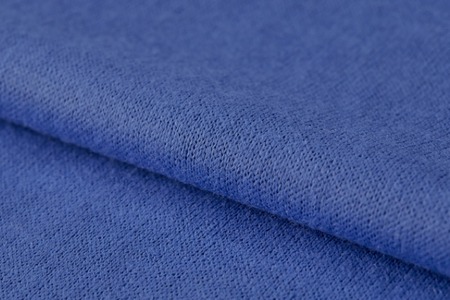
NZ wool sector focusing on microfibre
YarnsandFibers News Bureau 2018-01-31 12:00:00 – AucklandThe wool market that used to make up 26 percent of New Zealand’s exports is now hoping to position itself as more sustainable than synthetic alternatives by capitalising on the growing worries regarding the shedding of microfibres into the world’s oceans. The wool sector of New Zealand is also seeking to increase its credibility regarding sustainability as it claims to receive an unfair ranking in LCA (Life Cycle Assessment) criteria.
AgResearch and Scion have started studies on the biodegradation of woollen garments and carpet in seawater and hoped it will provide a comparison on natural fibres versus their synthetic counterparts when it comes to microfibre pollution.
Research into the microfibres shed by garments; during domestic washing remain at an early stage with manufacturers and scientists, trying to unearth a solution to the situation.
Contradictory to the aims of this wool research, other recent studies have suggested that these microfibres – which find their way into the food chain when consumed by marine wildlife – do not all originate from synthetic materials, and that some natural fibres are also to blame.
AgResearch senior scientist Steve Ranford said that there is only limited data on the behaviour of wool at this stage but has suggested that a natural protein fibre would break down in seawater in a way petroleum-based synthetics would not.
The aim is to provide the public with objective information as they make choices about what they buy, as well as inform manufacturers and retailers of the performance of goods like clothing and carpet.
Market Intelligence
Ask for free sample Report

experience
Customer Base
dedicated team
Countries Served Worldwide









